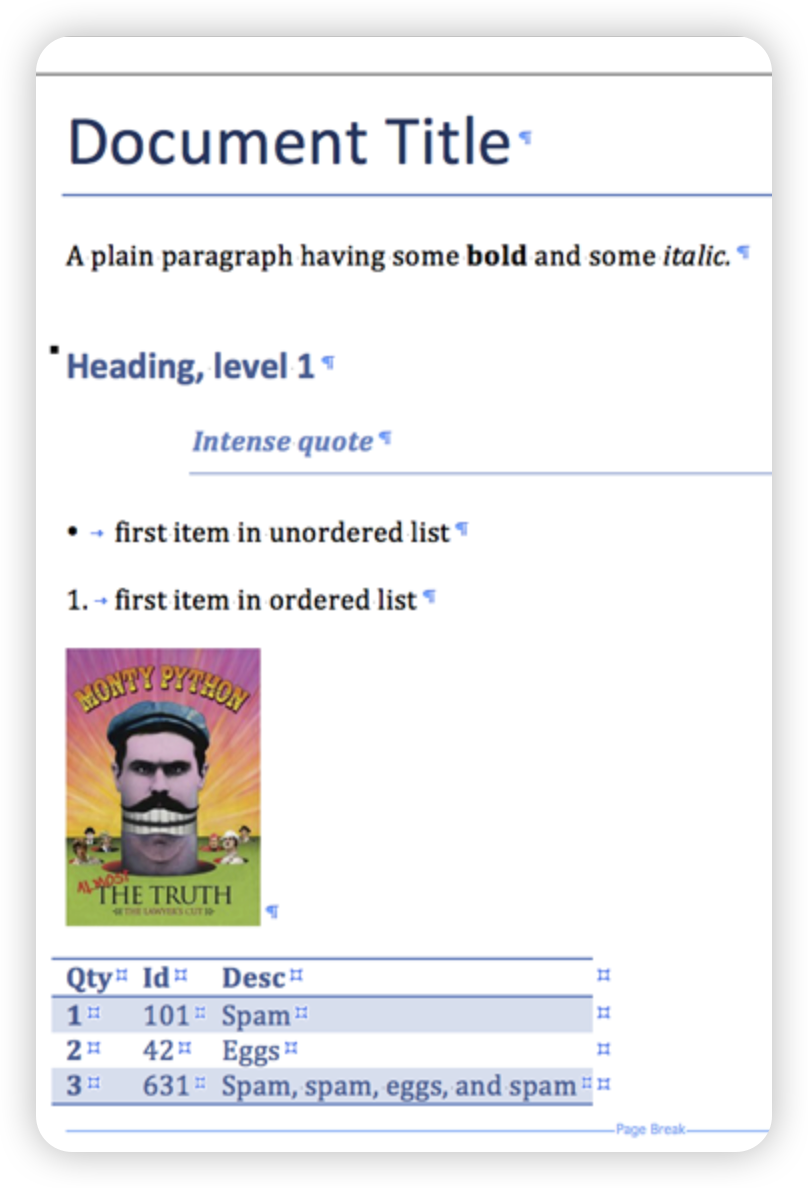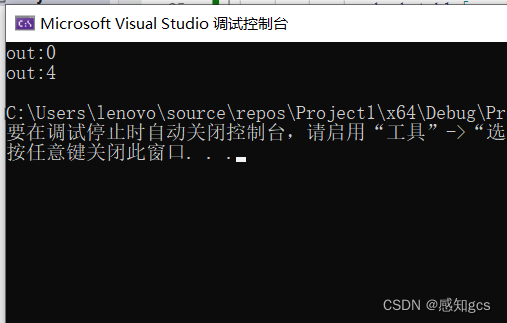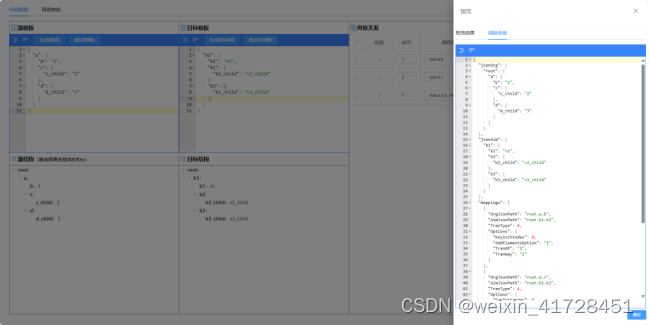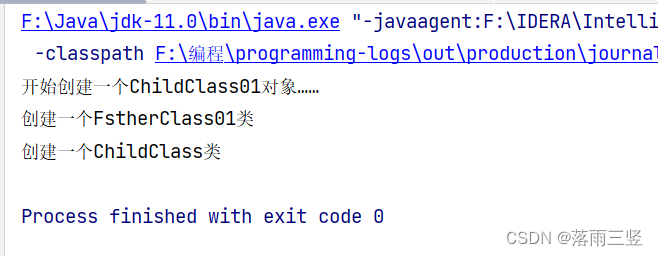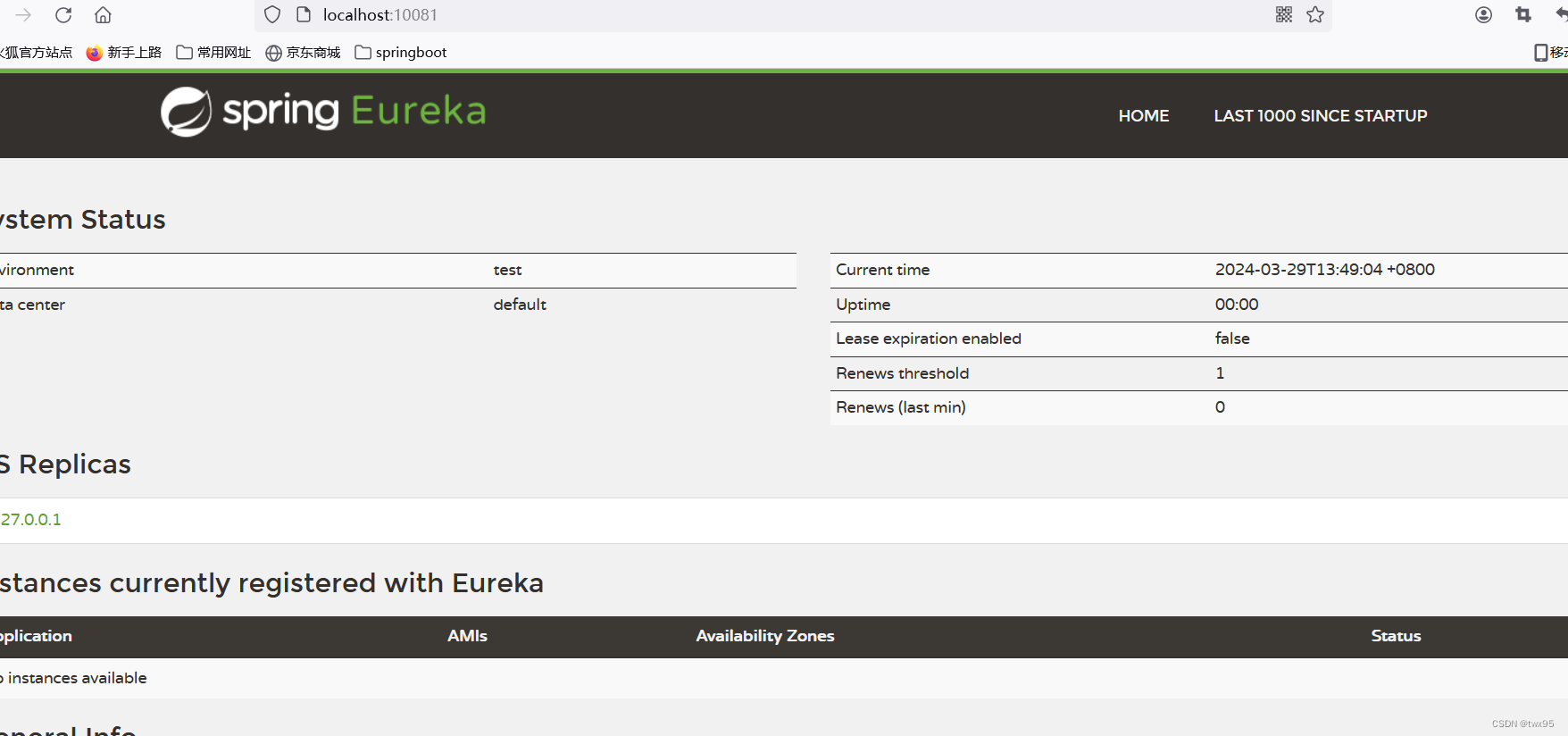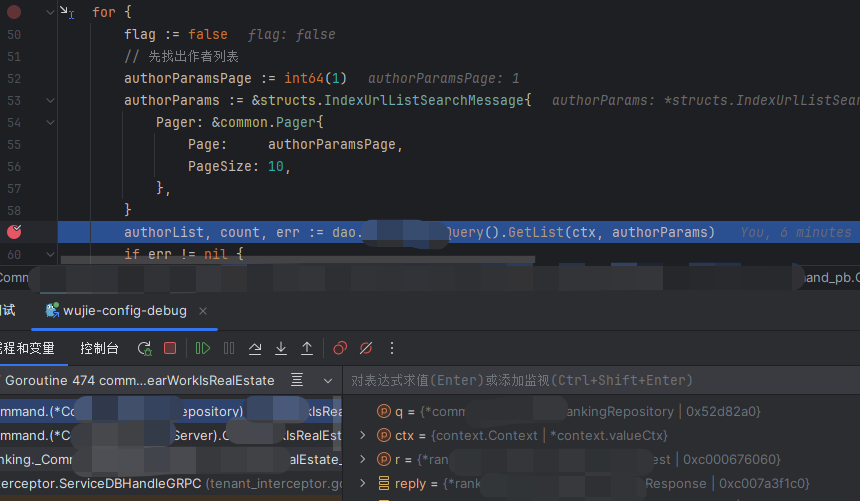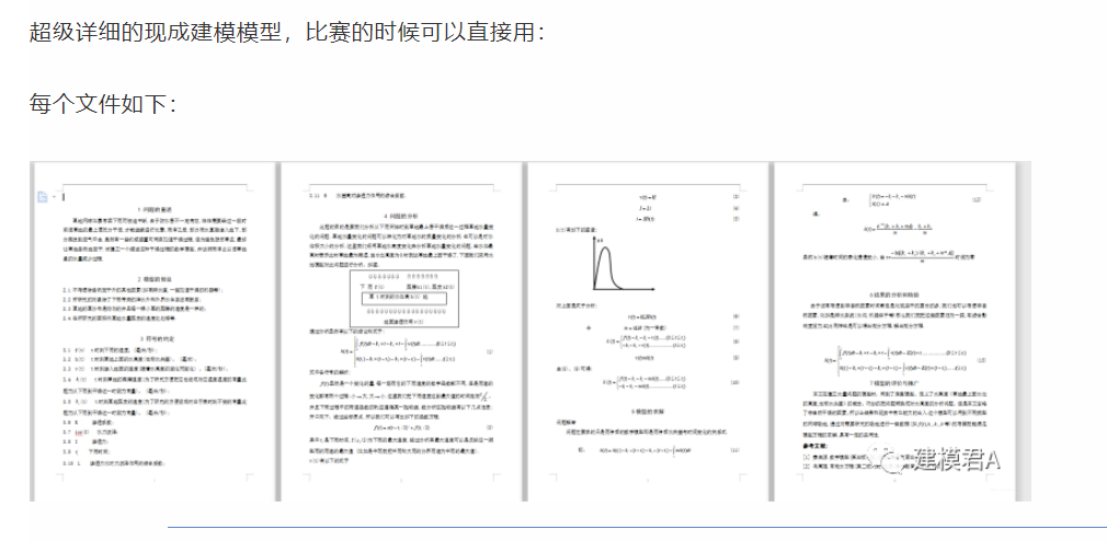
【每日跟读】常用英语500句
I had to take a shower. 我洗了个澡
Go on in. 赶紧进去吧
Hold up. 等一下
They seem like nice people. 他们看起来像好人
Such a wonderful age. 如此美好的年纪
That’s very impressive. 真厉害
I can see that. 看得出来
You should go pack. 你该去打包行李了
I can’t find my book. 我找不到我的书
Which book we talking about? 哪一本书?
———320———
Beats the shit out of me. 我完全不知道
I left it right here. 我明明放在这里的
You didn’t see it, did you? 你没看到,对吗?
Watch who you go accusing. 别诬赖我
I got no use. 我用不上
Be a good girl. 做个乖女孩
Off we go. 我们出发
Shall we? 要不要一起?
Do you like animals? 你喜欢小动物吗?
I do, I love them. 我很喜欢它们
———330———
Over here is the bathroom. 这边是浴室
And this is yours. 这是你的
This is all mine? 这些都是我的?
Of course, it’s all yours. 当然都是你的
Take your time to unpack. 慢慢来收拾行李
And get settled in. 安顿下来
It’s only for 2 weeks. 只不过两个星期
Do you have to take the car? 非要把车开走吗?
It’s not that far into town. 这离城市也不远
Remember what the doctor said. 记得医生的叮嘱
———340———
Some exercise will do you good. 做点运动对你有益
Business trip. 出差
As he likes to remind me. 他也经常提醒我说
Please stop staring, dear. 亲爱的别盯着我看了
You’re making me nervous. 你会让我紧张的
No biggie. 不要紧
You wish. 想得美
Don’t push me. 别逼我
I’m not in the mood. 我心情不好
It doesn’t work. 没有用
———350———
Why bother? 何必呢
Zip it. 闭嘴
Don’t let me down. 别让我失望
It’s urgent. 有急事
hold on, let me think. 等等,让我想一下
What’s the word for it? 那个字怎么说来着
It’s on the tip of my tongue. 我一时想不起来
I’ll let you know when I recall. 等我想起来再跟你说
I don’t know for sure. 我不是很确定
Cut the crap. 废话少说
———360———
You’re breaking up. 你的信号不好
Not in my book. 我不喜欢此事
I’m an open book. 我没有什么秘密
Now you’re talking 这才像话嘛
You don’t say. 这还要你说嘛
Pardon my French. 原谅我说脏话
Better late than never 晚到总比不到好
A penny for your thoughts? 你在想什么?
The ball is in your court. 该你采取行动了
He’s still sitting on the fence. 他还没做出决定
———370———
mark my words. 我跟你保证
It’s a win-win situation. 这是个双赢的局面
I have a lot on my plate. 我很忙、事情很多
She got cold feet. 她临阵退缩了
He was caught red-handed. 他被逮个正着
It’s not rocket science. 这没有很难吧
Let’s play it by ear. 我们见机行事吧
Just a heads-up. 我去处理
It’s a blessing in disguise. 因祸得福
Break a leg. 祝你好运
———380———
You’ve dodged a bullet. 你成功逃过一劫
You’re off the hook. 没你的事情了
Stop beating around the bush. 别拐弯抹角了
Don’t bite off more than you can chew. 量力而行
Don’t shoot yourself in the foot. 别搬石头砸自己的脚
Hang in there. 坚持下去
Get yourself together. 振作点
Let’s bury the hatchet. 我们握手言和吧
You have to bite the bullet. 你得硬着头皮去做
It’s for the best. 或许是件好事
———390———
It’s the best of both worlds. 真是两全其美的好办法
give him the benefit of the doubt. 姑且相信他吧
Get a life. 做点有意义的事吧
Get over yourself. 别自以为是了
Don’t get me started. 说到这个我就气
No shit. 废话
For god’s sake. 有没有搞错
What kind of a person does that. 怎么会有这样的人
Do you have any idea how tired I am? 你知不知道我有多累?
Do you have a reservation? 您预订了吗?
生句加强
For crying out loud!
“For crying out loud!” is an informal English expression used to express surprise, annoyance, or impatience over something unexpected or obvious. It emphasizes the speaker’s strong feelings about a situation.
Examples in English:
- “For crying out loud, why didn’t you tell me?”
- “For crying out loud, can’t you be quiet?”
- “For crying out loud, it’s raining! Take an umbrella.”
Translation to Chinese:
- “天哪,你为什么不告诉我?”
- “天哪,你就不能安静会儿吗?”
- “天哪,外面在下雨!带把伞。”
Please note that this phrase is commonly used in informal settings. In formal or professional contexts, it’s better to choose more neutral or polite expressions.
Are you trying to piss her off?
“Are you trying to piss her off?” is an informal English question used to express suspicion or accusation that someone is intentionally trying to anger or upset a female individual. It highlights the speaker’s disbelief or annoyance towards the behavior.
Examples in English:
“Are you trying to piss her off with that comment?”
“Are you trying to piss her off by ignoring her?”
“Are you trying to piss her off with your attitude?”
Translation to Chinese:
“你是不是想说那句话惹她生气?”
“你是不是想通过无视她来惹她生气?”
“你是不是想用你的态度来惹她生气?”
Please note that this phrase is typically used in casual or informal conversations. In formal or professional settings, it’s advisable to employ more polite or neutral wording.
Go on in.
“Go on in.” is an informal English phrase used to encourage someone to enter a place or continue with an activity. It suggests that the speaker believes the other person should proceed without hesitation.
Examples in English:
“Go on in, the room is ready for you.”
“Go on in, the show is about to start.”
“Go on in, your friends are waiting for you.”
Translation to Chinese:
“进去吧,房间已经为你准备好了。”
“进去吧,演出马上就要开始了。”
“进去吧,你的朋友们在等你呢。”
Please note that this phrase is suitable for casual or informal settings. In formal or professional contexts, more polite or formal expressions might be preferred.
Beats the shit out of me.
“Beats the shit out of me.” is an informal English expression used to express complete bafflement or lack of understanding regarding a particular matter. It suggests that the speaker has no clue or idea about what is being discussed or what is happening.
Examples in English:
“Beats the shit out of me why he did that.”
“Beats the shit out of me how they solved the problem.”
“Beats the shit out of me where she went after the meeting.”
Translation to Chinese:
“我完全不明白他为什么要这么做。”
“我完全不知道他们是怎么解决问题的。”
“我完全不清楚会议结束后她去了哪里。”
Please note that this phrase is typically used in casual or informal conversations. In formal or professional settings, it’s advisable to use more polite or neutral expressions to convey similar meanings.
希望这次的回答能够符合您的要求。如果您还有其他句子需要翻译和解释,请随时告诉我。
No shoving!
“No shoving!” is an informal English command used to prevent people from pushing or jostling each other. It强调了不要拥挤或者推搡的行为,以保持秩序和安全。
Examples in English:
“No shoving, please! Wait your turn.”
“No shoving in the crowd, everyone should stay calm.”
Translation to Chinese:
“不要推搡!请按顺序来。”
“人群里不要推挤,大家都保持冷静。”
Please note that this phrase is commonly used in casual or informal settings to maintain order and safety. In formal or professional contexts, more polite or neutral expressions might be preferred.
Watch who you go accusing.
“Watch who you go accusing.” is an informal English warning used to caution someone about making unfounded or premature accusations against another person. It suggests that the speaker believes the listener should be cautious and careful about whom they accuse, as false accusations can have serious consequences.
Examples in English:
“Watch who you go accusing, you might be wrong about it.”
“Before you start accusing him, make sure you have all the facts.”
Translation to Chinese:
“小心你指责的对象,你可能弄错了。”
“在指责他之前,请确保你掌握了所有事实。”
Please note that this phrase is suitable for casual or informal settings where there’s a need to caution someone about making unsubstantiated accusations. In formal or professional contexts, more polite or formal expressions might be appropriate.
And get settled in
“And get settled in” is an informal English phrase used to encourage someone to become comfortable and accustomed to a new environment or situation. It suggests that the speaker wants the listener to feel settled and at ease in their new surroundings.
Examples in English:
“And get settled in, your new room is all ready for you.”
“Take your time and get settled in, we’re here to help if you need anything.”
Translation to Chinese:
“安顿下来吧,你的新房间已经为你准备好了。”
“慢慢来,安顿好自己,如果你需要帮忙,我们会在这里。”
Please note that this phrase is appropriate for casual or informal settings where someone is moving into a new place or starting a new experience. In formal or professional contexts, more polite or formal expressions might be preferred.
“Far from"和"far into”
"Far from"和"far into"是两个短语,下面是它们的解释:
- “Far from” 表示距离某种情况、状态或期望相当远,通常用于表示事实与预期之间的差距。它可以用于描述某事与所期望的情况相差甚远。
例如:
- “The actual results were far from what we anticipated.”
(实际结果与我们预期的相差甚远。) - “His behavior is far from acceptable.”
(他的行为远非可接受。)
- “Far into” 表示在某个时间、地点或情况中深入到相当远的程度。它可以用于描述对某事的深入探索、持续进行或涉及到的时间跨度。
例如:
- “She delved far into the history of the ancient civilization.”
(她深入研究了古代文明的历史。) - “The meeting went on far into the night.”
(会议进行得很晚。)
请注意,这些短语在不同的语境中可能会有不同的含义,具体含义可能会根据上下文而有所变化。
As he likes to remind me
“As he likes to remind me” is an informal English expression used to indicate that someone frequently or habitually reminds the speaker of a certain fact or situation. It suggests that the speaker is aware of this tendency and often finds themselves being reminded by the other person.
Examples in English:
“As he likes to remind me, I’m always forgetting to turn off the lights.”
“She always has to remind me to take my vitamins, as she likes to do.”
Translation to Chinese:
“他总喜欢提醒我,我总是忘记关灯。”
“她总是提醒我要吃维生素,这是她的一贯做法。”
Please note that this phrase is commonly used in casual or informal conversations to express a speaker’s familiarity with someone’s habit of reminding them. In formal or professional settings, more neutral or polite expressions might be more appropriate.
No biggie
“No biggie” is an informal English phrase used to express that something is not important or significant. It suggests that the speaker believes the matter in question is minor or unworthy of excessive concern.
Examples in English:
“Don’t worry about it, it’s no biggie.”
“I made a small mistake, but it’s no biggie, we can fix it easily.”
Translation to Chinese:
“别担心,没什么大不了的。”
“我犯了个小错误,但没什么大不了的,我们很容易就能解决。”
Please note that this phrase is commonly used in casual or informal settings to convey a sense of ease or lack of concern about a minor issue. In formal or professional contexts, more polite or neutral expressions might be preferred.
You wish
“You wish” is an informal English phrase that is often used to express disbelief or sarcasm, implying that the listener’s wishes or desires are unlikely to come true. It suggests that the speaker doubts the feasibility or likelihood of what the listener hopes for.
Examples in English:
“You wish you could eat all that cake and not get fat.”
“He says he’s going to win the lottery - you wish!”
Translation to Chinese:
“你还是别做梦了,怎么可能吃那么多蛋糕还不长胖。”
“他说他要中彩票——你还是别想了!”
Please note that this phrase carries a negative or sarcastic tone and is suitable for casual or informal settings. In more formal or polite conversations, it might be considered inappropriate or offensive.
Don’t push me
“Don’t push me” is an informal English phrase used to express a warning or request not to be forced or pressured into doing something. It suggests that the speaker does not want to be coerced or pushed beyond their comfort zone or willingness.
Examples in English:
“Don’t push me, I need some time to think about it.”
“Stop pushing me, I’m not ready to make a decision yet.”
Translation to Chinese:
“别逼我,我需要一些时间来考虑。”
“别催我了,我还没准备好做决定。”
Please note that this phrase is commonly used in casual or informal settings to communicate a desire for personal space or time. In formal or professional contexts, more polite or neutral expressions might be preferred.
I’m not in the mood
“I’m not in the mood” is an informal English phrase used to express that one is not feeling in the right frame of mind or emotional state to do something. It suggests that the speaker is not feeling up to participating in a particular activity or engaging with a certain situation due to their current emotional state.
Examples in English:
“I’m sorry, I’m not in the mood for a party tonight.”
“I really don’t want to talk about it right now, I’m not in the mood.”
Translation to Chinese:
“抱歉,我今天晚上没有心情参加派对。”
“我现在真的不想谈这件事,我没心情。”
Please note that this phrase is suitable for casual or informal settings where the speaker wants to express their current emotional unwillingness to engage in a certain activity. In more formal or professional contexts, more neutral or polite expressions might be appropriate.
Why bother?
“Why bother?” is an informal English phrase that is used to express a lack of necessity or worthiness in engaging in a particular action or effort. It suggests that the speaker believes there is no point in doing something because it may not have a significant outcome or because it may be too much trouble.
The Chinese translation “何必呢” accurately captures the meaning of “Why bother?” It is a common expression in Chinese that also implies a sense of unnecessary effort or pointlessness.
Here are a few examples of how “Why bother?” might be used in English and its corresponding translation in Chinese:
English: “Why bother cleaning the house if no one is coming over?”
Chinese: “既然没人来,何必打扫房子呢?”
English: “Why bother studying for the exam if you’re just going to fail?”
Chinese: “既然注定要失败,何必还费心去复习考试呢?”
Please note that this phrase is commonly used in casual or informal settings to express a speaker’s opinion on the lack of necessity or value in a particular action. In more formal or polite contexts, more neutral or diplomatic expressions might be preferred.
Zip it
“Zip it” is an informal English phrase used to tell someone to stop talking or to be quiet. It’s a casual way of expressing the desire for silence or the need for someone to refrain from speaking.
Examples in English:
“Zip it, I’m trying to concentrate.”
“Can you zip it for a minute? I need to make a phone call.”
Translation to Chinese:
“别说话了,我正在集中注意力呢。”
“你能安静一会儿吗?我需要打个电话。”
Please note that this phrase is commonly used in casual or informal settings and may not be appropriate in more formal or professional contexts. In such settings, more polite or neutral expressions might be preferred.
What’s the word for it?
“What’s the word for it?” is a common English question used to inquire about the specific vocabulary or term to describe a concept, object, or feeling in English. It reflects a desire to find the precise word or phrase to express an idea.
Examples in English:
“What’s the word for that feeling when you’re extremely happy?”
“I’m trying to remember the word for a type of bird with long legs. What’s the word for it?”
Translation to Chinese:
“那种极度快乐的感觉用英文怎么说?”
“我正在回想一种长腿的鸟类的名字,这个词怎么说?”
Please note that this question is typically posed in casual or conversational settings, where clarification or vocabulary expansion is sought. In more formal or academic contexts, one might use more precise or technical language to inquire about specific terminology.
It’s on the tip of my tongue
“It’s on the tip of my tongue” is an expression used in English to describe the feeling of almost remembering a word, phrase, or piece of information but not quite being able to recall it fully. It suggests that the information is very close to being remembered, almost within reach, but not quite there yet.
Examples in English:
“The name of that actor is on the tip of my tongue, but I can’t quite remember it.”
“I was just about to tell you the answer, but it’s slipped right off the tip of my tongue.”
Translation to Chinese:
“那个演员的名字我差点就想起来了,但就是记不起来。”
“我刚才差点就告诉你答案了,但一下子又想不起来了。”
This expression is often used in casual conversation when someone is trying to recall a piece of information that is just beyond their immediate grasp. It implies a sense of frustration or annoyance at not being able to remember something that seems so close to being recalled.
Cut the crap
“Cut the crap” is an informal English phrase used to express a desire for someone to stop saying unnecessary or unimportant things and get to the point. It suggests that the speaker wants the conversation to be more direct and efficient, without any fluff or fillers.
Examples in English:
“Cut the crap and tell me what you really want.”
“We don’t have time for this. Just cut the crap and give us the facts.”
Translation to Chinese:
“别废话了,直接告诉我你到底想要什么。”
“我们没时间听这些。别啰嗦了,直接告诉我们事实。”
This phrase is commonly used in casual or informal settings where people want to avoid unnecessary talk and get straight to the matter at hand. It’s not suitable for more formal or polite contexts, where a more diplomatic approach might be preferred.
Not in my book
“Not in my book” is an English expression that means “not according to my opinion or belief.” It suggests that something is not considered valid, acceptable, or true by the speaker’s standards or viewpoint.
Examples in English:
“Calling that a masterpiece? Not in my book.”
“He thinks he’s a great leader? Not in my book, he’s just selfish.”
Translation to Chinese:
“把那称为杰作?我可不这么认为。”
“他认为自己是个伟大的领导者?我可不这么认为,他只是个自私的人。”
This expression is often used to express disagreement or disapproval with someone’s opinion or assessment. It emphasizes the speaker’s personal viewpoint and suggests that they have their own set of standards or beliefs that they adhere to.
I’m an open book
“I’m an open book” is an English expression that means “I am very transparent or easy to understand.” It suggests that the speaker is straightforward, honest, and has nothing to hide. Their thoughts, feelings, and intentions are easily discernible to others.
Examples in English:
“I’m an open book; you can always ask me anything and I’ll tell you the truth.”
“She’s such an open book; her emotions are always right there on her face.”
Translation to Chinese:
“我是个直性子,你有什么问题都可以直接问我,我会告诉你实话。”
“她真是个透明人,情绪全都写在脸上。”
This expression is often used to describe someone who is genuine, sincere, and not afraid to show their true selves. It implies a level of trustworthiness and honesty that is appreciated in interpersonal relationships.
Now you’re talking
“Now you’re talking” is an English expression used to indicate agreement or approval with what someone has just said. It suggests that the speaker finally feels that the other person is saying something meaningful or worthwhile.
Examples in English:
“I think we should focus more on sustainability in our business practices. Now you’re talking!”
“If we can reduce the price by 10%, I’ll definitely consider buying it. Now you’re talking!”
Translation to Chinese:
“我认为我们应该在商业实践中更加注重可持续性。你说的太对了!”
“如果价格能降低10%,我一定会考虑购买。这才是我要说的!”
This expression is often used in casual conversation to express enthusiasm or agreement with a particular point or idea. It implies that the speaker feels the conversation has finally moved onto a topic or idea that they resonate with.
Pardon my French
“Pardon my French” is an English expression that is used to apologize for using coarse, vulgar, or inappropriate language, especially when speaking a language that is not one’s native tongue. The phrase is a play on words, as “pardon” sounds similar to the French word “pardonner,” which means “to forgive.” The expression suggests that the speaker is aware that their language use may be offensive or unrefined and is asking for forgiveness.
Examples in English:
“Sorry, I got a little carried away. Pardon my French.”
“I know that wasn’t very polite, but pardon my French, I’m just really upset.”
Translation to Chinese:
“抱歉,我有点激动了。请原谅我的粗话。”
“我知道那很不礼貌,但请原谅我的粗鲁,我真的很生气。”
This expression is typically used in casual or informal settings where people may slip into using less than polite language. It’s a way of acknowledging the inappropriateness of the language used and expressing regret for it.
A penny for your thoughts?
“A penny for your thoughts?” is an English expression used to politely ask someone what they are thinking or feeling about a particular situation or topic. It suggests that the speaker is curious about the other person’s opinions or reflections and is willing to offer a small token (in this case, a penny) as a gesture of appreciation for their thoughts.
Examples in English:
“You seem deep in thought. A penny for your thoughts?”
“The meeting just ended, and you look a bit pensive. A penny for your thoughts?”
Translation to Chinese:
“你看起来在深思。能分享一下你的想法吗?”
“会议刚结束,你看起来有点沉思。能告诉我你在想什么吗?”
This expression is often used in casual or social settings to encourage conversation and show interest in the other person’s perspective. It’s a friendly way to break the silence or prompt someone to share their thoughts.
The ball is in your court
“The ball is in your court” is an English expression that means “it is now your responsibility or turn to act or make a decision.” It comes from the game of tennis, where each player must hit the ball back into the other’s court to continue playing. When one player hits the ball over the net and it lands in the other player’s court, it is the other player’s turn to hit it back.
In a figurative sense, this expression is used to indicate that the initiative or responsibility has shifted to the other party or individual. It suggests that the previous action or decision has been made, and now it’s up to the other person to take the next step.
Examples in English:
“I’ve made my offer, and now the ball is in your court. It’s your turn to decide.”
“I’ve provided all the information you need. The ball is in your court now; what will you do?”
Translation to Chinese:
“我已经提出了我的建议,现在轮到你了。该你做决定了。”
“我已经提供了你所需的所有信息。现在轮到你了,你打算怎么做?”
This expression is often used in business or personal negotiations, as well as in other situations where there is a need to indicate that the responsibility or initiative has shifted to another party.
He’s still sitting on the fence
“He’s still sitting on the fence” is an English expression that means someone is undecided or reluctant to commit to a particular side or position. It suggests that the person is hesitating or procrastinating, rather than taking a clear stand or making a decision.
The phrase “sitting on the fence” comes from the image of someone sitting on a fence, which is a neutral position between two sides or options. It implies a lack of commitment or a desire to avoid taking a risk by choosing one side or another.
Examples in English:
“We’ve been discussing the project for weeks, but he’s still sitting on the fence and hasn’t made a decision yet.”
“I asked her if she wanted to go to the concert, but she’s sitting on the fence and can’t decide.”
Translation to Chinese:
“我们已经讨论这个项目好几周了,但他还是犹豫不决,还没有做出决定。”
“我问她要不要去音乐会,但她还在犹豫,拿不定主意。”
This expression is often used to describe someone who is avoiding making a choice or taking a stand, perhaps because they are afraid of the consequences or because they lack confidence in their own opinion. It can also suggest a lack of commitment or engagement with a particular issue or decision.
Just a heads-up
“Just a heads-up” is an informal English phrase used to give someone a brief notification or warning about something that is about to happen or that they should be aware of. It’s a casual way of alerting someone in advance so they can be prepared.
Examples in English:
“Just a heads-up, the power will be out for a few hours tomorrow for maintenance.”
“Can you give me a heads-up before you leave the office? I need to discuss something with you.”
Translation to Chinese:
“提前说一声,明天要停电几个小时进行维护。”
“你离开办公室之前能提前告诉我一声吗?我需要和你讨论一些事情。”
Please note that this phrase is commonly used in casual or informal settings and is not suitable for more formal or professional contexts. In such settings, more formal or neutral expressions might be preferred.
It’s a blessing in disguise
“It’s a blessing in disguise” is an English expression used to describe a situation that initially seems unfavorable or unpleasant but ultimately turns out to be beneficial or advantageous in the long run. It suggests that appearances can be deceptive and that even negative events can have hidden positive outcomes.
Examples in English:
“Losing that job was tough, but it turned out to be a blessing in disguise because I found a better opportunity soon after.”
“The delay in our plans was frustrating, but it was actually a blessing in disguise because it gave us more time to prepare.”
Translation to Chinese:
“失去那份工作很艰难,但结果证明这是塞翁失马,焉知非福,因为我很快就找到了一个更好的机会。”
“我们计划的延误令人沮丧,但实际上是塞翁失马,因为它给了我们更多准备的时间。”
This expression is often used to offer a positive perspective on situations that initially seem negative, emphasizing the potential for good outcomes even in the face of adversity. It encourages a resilient and optimistic attitude towards life’s challenges.
You have to bite the bullet
“You have to bite the bullet” is an English expression that means to endure something painful or unpleasant with courage and determination. It suggests that there is no easy way out and that one must face the difficult situation head-on.
Examples in English:
“I know it’s going to be tough, but you just have to bite the bullet and get through it.”
“The surgery will be painful, but you’ll have to bite the bullet for your recovery.”
Translation to Chinese:
“我知道这会很难,但你必须鼓起勇气去面对并克服它。”
“手术会很痛,但为了康复,你必须咬紧牙关挺过去。”
This expression is often used to encourage someone to face a difficult or painful situation with resilience and strength, rather than avoiding it or giving up. It emphasizes the importance of perseverance and courage in overcoming challenges.
Don’t get me started
“Don’t get me started” is an English expression used to indicate that a person does not want to begin a conversation or discussion about a particular topic because it might lead to a long, passionate, or emotional outburst. It suggests that the speaker has strong feelings or opinions about the subject and does not want to get carried away or upset.
Examples in English:
“Don’t get me started on that topic; I have so much to say about it!”
“Please, don’t get me started on my ex; it’s a sore subject for me.”
Translation to Chinese:
“别提那个话题了,我有很多话想说!”
“求你别提我前任了,那是个让我痛心的话题。”
This expression is often used in casual or informal settings and can convey a sense of warning or caution to avoid a potentially emotional or contentious conversation. It can also be used humorously to indicate that the speaker is passionate about a subject and might not be able to control their enthusiasm if the topic is broached.
For god’s sake
“For god’s sake” is an English expression used to express strong emotion, usually frustration, impatience, or exasperation. It’s a way of emphasizing the seriousness or importance of something, often in a situation where the speaker feels that the other person should already know or understand what they’re talking about.
Examples in English:
“For god’s sake, can’t you be quiet for a minute?” (expressing impatience with someone making noise)
“For god’s sake, don’t forget to bring the keys!” (emphasizing the importance of remembering something)
Translation to Chinese:
“看在上帝的份上,(你)能不能安静一会儿?”(表达对某人制造噪音的不耐烦)
“看在上帝的份上,别忘了带钥匙!”(强调记住某事的重要性)
This expression is commonly used in informal settings and can be considered quite strong or blunt. It’s not typically suitable for formal or professional contexts. It’s important to note that while “for god’s sake” may include the word “god,” it is often used as an exclamation and not necessarily a religious reference.
